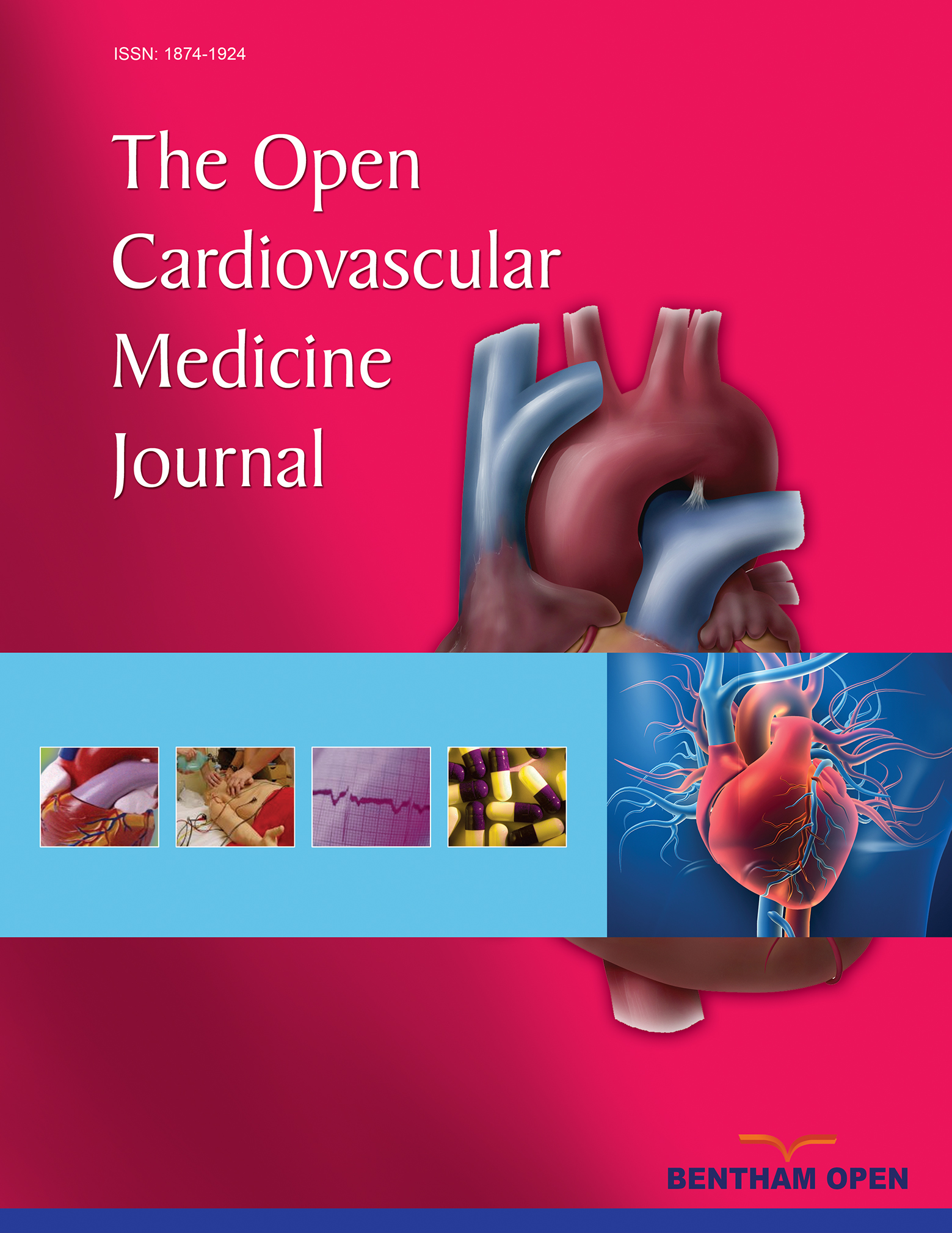All published articles of this journal are available on ScienceDirect.
Involvement of Signaling Molecules on Na+/H+ Exchanger-1 Activity in Human Monocytes
Abstract
Background:
Sodium/hydrogen exchanger-1 (NHE-1) contributes to maintaining intracellular pH (pHi). We assessed the effect of glucose, insulin, leptin and adrenaline on NHE-1 activity in human monocytes in vitro. These cells play a role in atherogenesis and disturbances in the hormones evaluated are associated with obesity and diabetes.
Methods and Results:
Monocytes were isolated from 16 healthy obese and 10 lean healthy subjects. NHE-1 activity was estimated by measuring pHi with a fluorescent dye. pHi was assessed pre- and post-incubation with glucose, insulin, leptin and adrenaline. Experiments were repeated after adding a NHE-1 inhibitor (cariporide) or an inhibitor of protein kinase C (PKC), nitric oxide synthase (NOS), nicotinamide adenine dinucleotide phosphate (NADPH) oxidase, phosphoinositide 3-kinases (PI3K) or actin polymerization. Within the whole study population, glucose enhanced NHE-1 activity by a processes involving PKC, NOS, PI3K and actin polymerization (p = 0.0006 to 0.01). Insulin-mediated activation of NHE-1 (p = <0.0001 to 0.02) required the classical isoforms of PKC, NOS, NADPH oxidase and PI3K. Leptin increased NHE-1 activity (p = 0.0004 to 0.04) through the involvement of PKC and actin polymerization. Adrenaline activated NHE-1 (p = <0.0001 to 0.01) by a process involving the classical isoforms of PKC, NOS and actin polymerization. There were also some differences in responses when lean and obese subjects were compared. Incubation with cariporide attenuated the observed increase in NHE-1 activity.
Conclusions:
Selective inhibition of NHE-1 in monocytes could become a target for drug action in atherosclerotic vascular disease.


